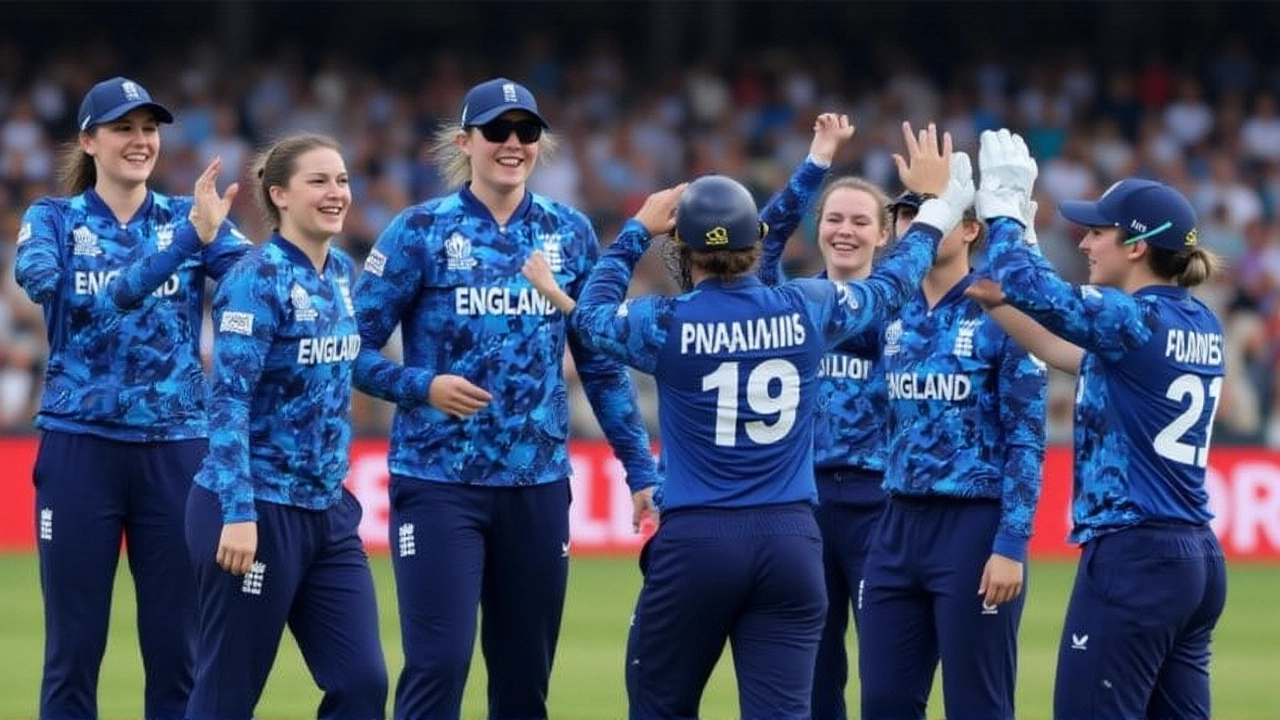South Africa Women: Politics, Equality, and Impact
When talking about South Africa Women, the group of female citizens influencing social, economic, and political life in the country, it’s clear they shape the nation’s future. Also known as South African women, they drive change across many arenas.
One key area is gender equality, the pursuit of equal rights, responsibilities, and opportunities for all genders. Achieving gender equality requires policy reforms, education, and active participation in public life. In South Africa, the push for gender parity has sparked new laws on workplace harassment and boosted support for women’s leadership programs.
Another linked entity is women's representation, the proportion of women holding elected or appointed positions in government and institutions. Higher representation influences South African politics, the political landscape shaped by parties like the ANC and Democratic Alliance. When more women serve in parliament, legislation tends to address health, education, and family welfare more thoroughly.
These connections form clear semantic triples: South Africa women encompass gender equality; gender equality requires policy reforms; women’s representation influences South African politics. Together, they shape the broader narrative of African elections, the continent‑wide electoral processes that determine leadership and policy direction. Understanding how these entities interact gives readers a solid grasp of the challenges and opportunities ahead. Below you’ll find our collection of articles covering these topics in depth.

England Women crush South Africa by 10 wickets at Guwahati
England Women crushed South Africa by ten wickets at Guwahati, delivering a 73/0 chase in 14.1 overs. The win puts England on top of Group A in the 2025 World Cup.